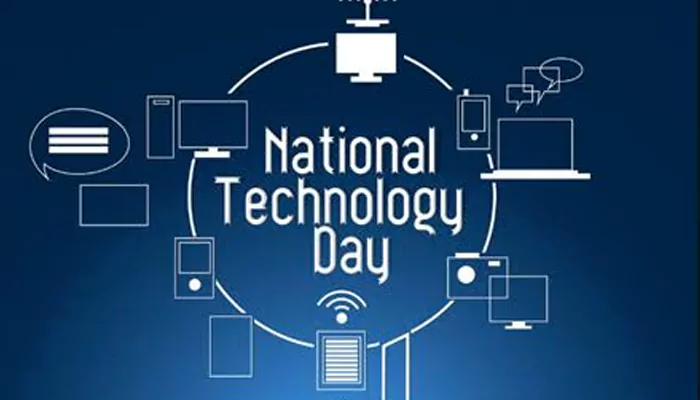
In our rapidly evolving technological landscape, the ascent of robotics has proven revolutionary. From the manufacturing sector to healthcare, logistics to agriculture, robots are reshaping industries, ushering in a new era of efficiency and innovation. Widely acknowledged as the Fourth Industrial Revolution, this wave of automation is not merely changing our work; it is fundamentally redefining our economies and opening doors to new possibilities. In this article, we will delve into how robotics is revolutionizing various industries and the profound implications of this transformative wave.
- Manufacturing and Automation: At the forefront of the robotics revolution is the manufacturing sector, where industrial robots are taking on repetitive and mundane tasks with unmatched precision, efficiency, and cost-effectiveness. Automation has become the cornerstone of increased productivity and consistent product quality. Collaborative robots, or cobots, can work seamlessly alongside human counterparts, augmenting productivity and safety on factory floors.
- Healthcare and Robotics: In the healthcare sector, robots make substantial strides in surgical procedures, rehabilitation, and patient care. Controlled by skilled surgeons, surgical robots are performing intricate procedures with unparalleled precision. Telepresence robots are breaking down geographical barriers in healthcare, enabling doctors to diagnose and treat patients remotely. Moreover, robot-assisted rehabilitation facilitates personalized therapy for patients on their journey to recovery.
- Logistics and Supply Chain: The logistics and supply chain industry is undergoing a significant transformation with the integration of robotics. Autonomous drones and robots optimize warehouse operations, from efficient inventory management to rapid order fulfillment. Automated guided vehicles (AGVs) are navigating warehouse spaces, streamlining logistics processes, and reducing the need for manual labor. The result is a more streamlined and cost-effective supply chain.
- Agriculture and Precision Farming: In agriculture, robots are revolutionizing traditional farming practices through implementing precision agriculture. Autonomous tractors, equipped with sensors and GPS technology, can handle tasks such as planting, harvesting, and spraying with unprecedented accuracy. Drones play a pivotal role in crop monitoring, offering real-time data to optimize irrigation, pest control, and overall crop health. It enhances productivity and minimizes the environmental impact of farming practices.
- Education and Research: The influence of robotics extends beyond industrial sectors, reaching into education and research. Educational robots captivate students in STEM (science, technology, engineering, and mathematics) fields, fostering creativity and problem-solving skills. In research, robots play a vital role in laboratories, conducting experiments, handling hazardous materials, and contributing to new technologies.
- Challenges and Considerations: While the benefits of the robotics revolution are undeniable, it is essential to acknowledge the challenges and considerations that come with it. Concerns about potential job displacement due to automation underscore the need to address the future of employment. Ethical considerations, particularly regarding the responsible use of artificial intelligence in robots, are at the forefront of discussions. Striking a delicate balance between technological advancement and ethical, social, and economic considerations is crucial for ensuring a sustainable and inclusive future.
The rise of machines is reshaping industries and societies, marking a new chapter in technological progress. Robotics is not merely a tool for automation. It is a catalyst for innovation, efficiency, and boundless possibilities. Embracing this revolution is the key to unlocking the full potential of robotics. As industries continue to evolve, the collaboration between humans and machines will define the future of work, paving the way for a more connected, efficient, and technologically advanced world.












